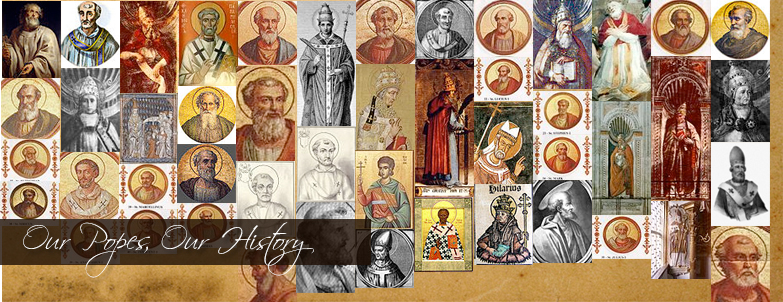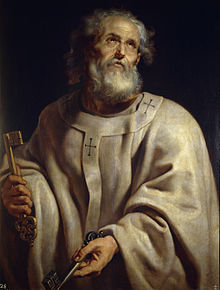Who Founded Your Church?
Who founded your Church?
Uploaded by Jude Ban on 2019-07-29.
The Development of the Gospels
During the last third of the first century, after the deaths of Peter and Paul, Christians in various churches began to put into a new written form what they believed and taught about Jesus Christ. Eventually, these writings became known as gospels, literally meaning "Good News." Soon these writings were considered to be as important as Paul's Epistles.
Composing the Gospels was a long process (they were not completed until about A.D. 100). People wrote down the Good News for two compelling reasons. One of the reasons was that only a few of the people who had known Jesus personally were still living. If the firsthand experiences about Jesus were to be preserved accurately, they had to be written down. Also, like Paul's letters, the Good News in written form could reach many people throughout the Roman Empire.
In the first century there were no printing presses and, of course, no newspapers. Radio and television were probably not even dreamed of. Books were written by hand and were very expensive. For ordinary people, they might as well not have existed. And, as we saw with Paul's Epistles, even letters were rare treats.
| Between 10 B.C. & 0 A.D. | Between 10 B.C. & 20's | In the late '20s to the early '30s | Between the early '30s & the late '60s | The late 60's | In the early 70's to the early '90s | In the early 90's to the early 100's |
| Birth of Jesus | Hidden years in Nazareth | Public life, death, and Resurrection | Early Church; missionary activity; stories and sayings of Jesus recalled, shared, and collected | Mark's gospel: the first one written | Matthew and Luke gradually develop | John's gospel: the last one written |
The first Christians had no doubts about how to determine which was the true Church and which doctrines the true teachings of Christ. The test was simple: Just trace the apostolic succession of the claimants.
Apostolic Succession is the line of bishops stretching back to the apostles. All over the world, all Catholic bishops are part of a lineage that goes back to the time of the apostles, something that is impossible in Protestant denominations (most of which do not even claim to have bishops).
The role of apostolic succession in preserving true doctrine is illustrated in the Bible. To make sure that the apostle's teachings would be passed down after the deaths of the apostles, Paul told Timothy, "[W]hat you have heard from me before many witnesses entrust to faithful men who will be able to teach others also" (2 Tim. 2:2). In this passage, he refers to the first three generations of apostolic succession his own generation, Timothy's generation, and the generation Timothy will teach.
The Church Fathers, who were linked in that chain of succession, regularly appealed to apostolic succession as a test for whether Catholics or heretics had correct doctrine. This was necessary because heretics simply put their own interpretations, even bizarre ones, on Scripture. Clearly, something other than Scripture had to be used as an ultimate test of doctrine in these cases.


Peter
The Unbroken Apostolic Succession

Pope Francis

You must be logged in to post a comment.